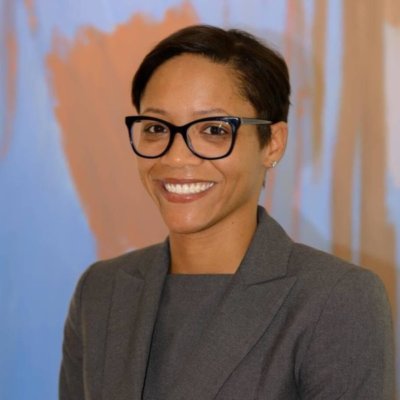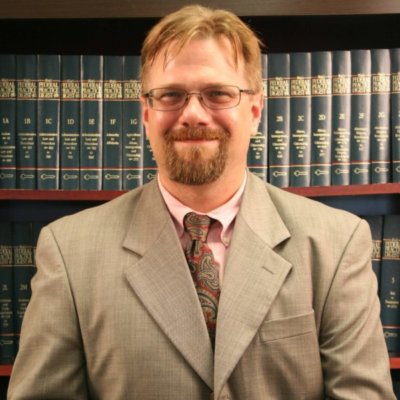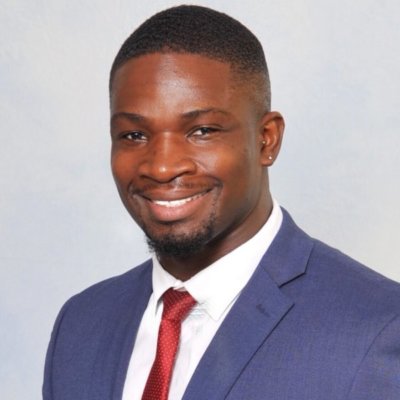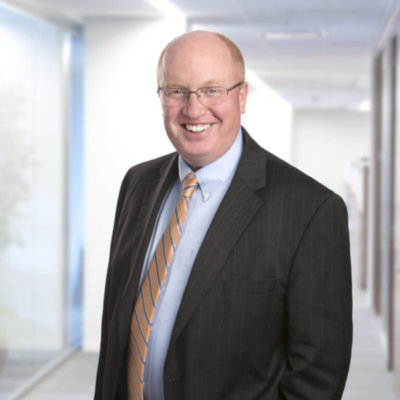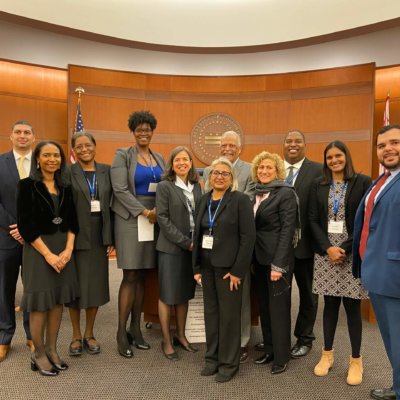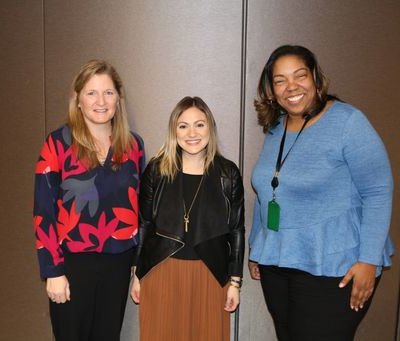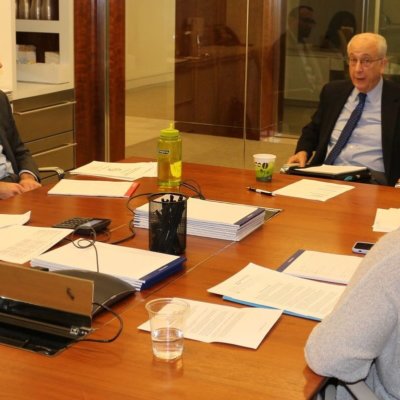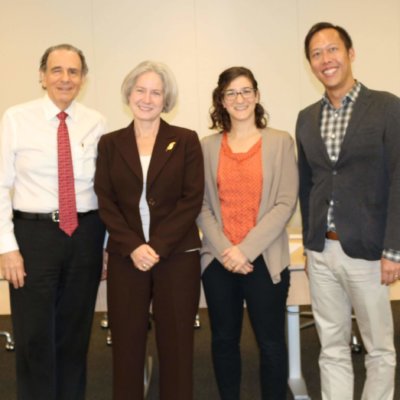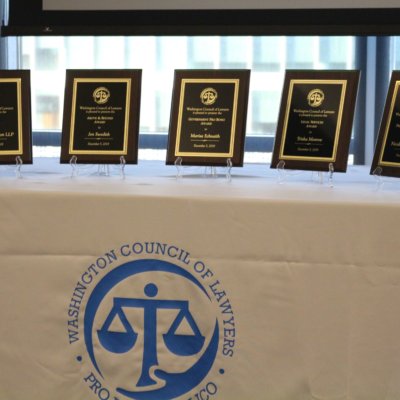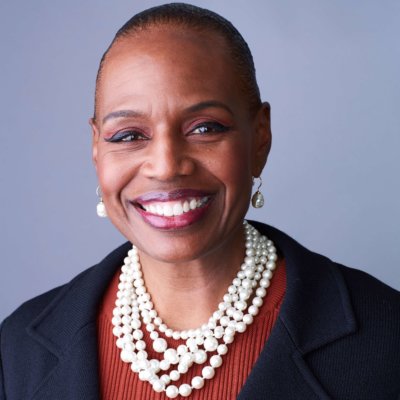Our Best Practices in Pro Bono session on January 15 focused on the Social Science of Doing Good. Our conversation was led by an all-star lineup of panelists: Andrea Mangones from Kids In Need of Defense, Dr. Larry Richard from LawyerBrain, and Kitty Wach from Miller & Chevalier. The Best Practices Session was expertly moderated by Paul Lee from Steptoe & Johnson LLP. More than 40 pro bono coordinators from law firms, legal services organizations, government agencies, and law schools attended the program. The panel discussed the reasons that lawyers do pro bono, and what methods are effective (or ineffective) for encouraging lawyers to do more pro bono. Dr. Larry Richard highlighted his research on personality traits that set lawyers apart from the general public. He cited his personality study research that demonstrates lawyers tend to be highly skeptical, but lack resilience and sociability. He noted that we are quick to try to use sticks and carrots to motivate pro bono lawyers, but they are often blunt tools that can have unintended consequences. Using the personal touch to build relationships with lawyers to encourage them to do pro bono can be more effective. Kitty Wach highlighted the variety of ways that law firms can encourage and support pro bono work, including making pro bono a mandatory requirement, asking about lawyers' pro bono practice during performance reviews, and including news of pro bono victories alongside news of commercial case victories in firm-wide emails from law firm leaders. Andrea Mangones shared her experience that having colleagues talk about pro bono clients they have helped, or hearing from clients themselves about the impact having a pro bono lawyer had on their lives can be the best ways to encourage lawyers to take on new pro bono cases. To learn more about lawyer personality traits, how to encourage volunteerism, and the benefits for the volunteer of doing pro bono work, check out these resources. We Volunteer To Help Others, But Research Shows How Much It Helps Us, Too, a January 13, 2020 Washington Post article by Jamil Zaki Supporting Justice: The Work of Pro Bono Lawyers, a 2018 report from the ABA Standing Committee on Pro Bono and Public Service Accountability 101, a 4-part blog post series by Dr. Larry Richard on the psychology of how to hold law partners accountable Herding Cats: The Lawyer Personality Revealed, an article describing the personality traits that set lawyers apart from the general public, also by Dr. Larry Richard Pre-Suasion: A Revolutionary Way to Influence and Persuade, by Dr. Robert B. Cialdini Influence: The Science of Persuasion, also by Dr. Robert B. Cialdini Our final two Best Practices in Pro Bono Sessions for this year will take place on Tuesday, March 10, from 8:45-10:15 am, and on Wednesday, April 29, from 12:30-2:00 pm. Look for an email with registration information to circulate soon; if you are not currently a member of Washington Council of Lawyers, join today so you won't miss out! We are grateful to Fried Frank for hosting our entire Best Practices in Pro Bono series! Thank you!







